Everyone approaches hangovers a little differently. For some, those crippling Sundays can only be cured by extended slumber, an endless stream of food delivery, or a slight taste of the previous night’s poison. While those have all worked for me at various points in my life, for some time now, the most-effective panacea has been bacon and eggs, bottomless cups of tea, and the charming pastoral daydream of Escape to River Cottage.
For those not in the know, allow me to offer a brief introduction to the world of River Cottage. First airing in 1999, the reality series follows the adventures of chef and journalist Hugh Fearnley-Whittingstall’s attempts to establish a smallholding at the titular River Cottage in Dorset.
Throughout the series, we join Hugh and a recurring cast of rural characters on their journey towards self-sufficiency, from the growing pains of the first vegetable garden and early attempts at raising livestock to the jam-making, hedgerow foraging, and bacon-smoking exploits of the later seasons.
If you have never watched River Cottage, I urge you with all of my being to do so, because there is so much to love about it. Wistful, surreal and beautiful, it is an exceptionally twee combination of a cooking and lifestyle show and a years-long documentary series following one man’s hunt for a better life.
Between Hugh’s lispy narration, down-to-earth, home-style (and in the case of jellied pike, disgustingly old-timey) recipes, and the repeat appearances of a charming circle of local farmers, breeders and foragers, it is as much a piece of escapism as it is a return to old friends.
In the first episode, we meet Gary Fookes, a fellow downsizer and spearfisherman; Michael Michaud, a seed salesman and organic vegetable grower with a fondness for sweater vests, and Anthony Hitchens, a dreadfully posh “totally unreconstructed male” with an aversion to the kitchen and an unsettling habit of using words like ‘ethnic’ and ‘awe-riental’ to describe Hugh’s less traditional dishes.
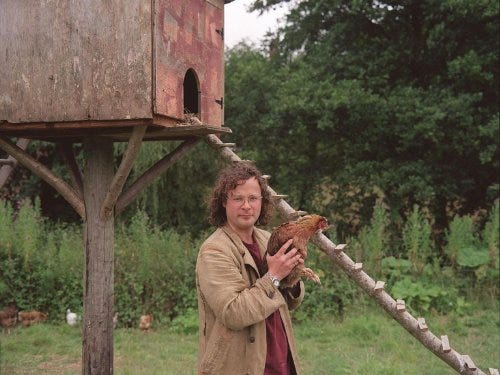
As could be expected of a pre-millennium lifestyle show, River Cottage has its quirks and questionable creative choices, which seem to owe as much to Hugh’s role as the sole writer of the series as Channel 4’s desire to befuddle suburban Brits with bizarre scenes of country life.
Episode 2 opens with a shot of Hugh in the bath with a rubber duck, a strange segue into the search for the aforementioned pike; Episode 4 welcomes a pair of vegan mice spiritualists, who, with the help of crystals and burning sage, make a polite request for the Cottage’s resident rodents to relocate, while the Christmas special sees our host partake in a woodland séance with a local hedgewitch, Star, in an effort to procure a traditional Yule log.
In spite of these perplexing interludes, River Cottage is an undeniably fantastic show that will make you yearn for a simpler time when seemingly every British man in their thirties wore an earring, and starting a smallholding was a quaint lifestyle change, rather than a practical preparation for an impending climate catastrophe.
I have coerced and cajoled almost everyone I know into watching River Cottage, and while few have responded favourably to my enthusiastic suggestions to start rearing pigs or preparing offal terrines, all have appreciated the simple pleasure of spending half an hour in the west Dorset countryside. The thing is though, I don’t just like River Cottage, I love it — and have done since my very first viewing.
I must have been 10 or 11 when I walked into the lounge and found my parents watching it (memory fails as to whether it was on Prime or The Living Channel) but there was something about the premise that clicked, even for a nerdy shut-in like myself. We were living in Broad Bay at the time, on the Otago Peninsula, and there is no doubt now that this semi-rural setting influenced my burgeoning love for the show.
With the still, blue harbour in front and the hills rising up to Harbour Cone at our back, it was the perfect place to imagine a life spent tending vegetables and rearing animals, aided by a supporting cast of Peninsula locals.
Chief among them were Nigel and Penny, dear family friends who live atop an impossibly steep road where they make their own cheeses and salami, ride their horses through the hills, and cut their firewood from the enormous blue gums that grow alongside them. I have always been envious of their life, both then and now, and if I can secure even a slice of it for myself, I will be truly happy.
But I also know that it was not just the location or the people in it that fostered my love for River Cottage and all that it represents. They certainly helped, but like most things in life, they simply watered the seeds that had been planted long before.
Growing up, I was fortunate and privileged enough to be raised by parents who had the time, means and knowledge to grow their own food. We were not self-sufficient by any stretch of the imagination, but we ate well and enjoyed the bounty of the garden throughout the year in the form of quince leather, stuffed marrows, stewed apples, and Dad’s famous kasundi.
Although I did not take much interest in the processes or output of our garden as a child, its presence was a constant, albeit subconscious, reminder that the sort of lifestyle I saw and dreamt about on TV was never that far out of reach.
I wrote recently about the permanence of home, and as I have gotten older, that garden and its residents have become essential to my sense of home, and it is their absence that I feel most keenly when I’m gone. I miss the house itself and the rooms that I was raised in — the scorched spots on the carpet in front of the fireplace and the way the sunlight shines through the kitchen window in the morning — but mostly I miss the garden.
I miss the rosemary bush and the bay tree that stand under the kitchen window and the crisp flowering thyme that clings to the rocks in the back garden. I miss how the kale freezes stiff in the winter frost, and the apple blossoms in spring, and more than anything, I miss the smell of tomatoes and basil in the summer heat of the greenhouse.
I miss all of these things because, to me, they represent what home truly is. Not walls and a roof and carpet and kitchen, but seasons and a sense of belonging; a place that I know where the sun and the moon rise and set in January and June, where the shadows are longest, the grass softest, and where life continues, with or without me.
For as much as the appeal of River Cottage lies in its message to reconnect, buy less and do more, I think what I’ve always liked about it is the fact that it’s a story about someone searching for their home, and one with a very happy ending at that.


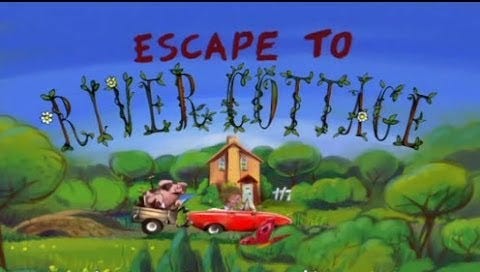



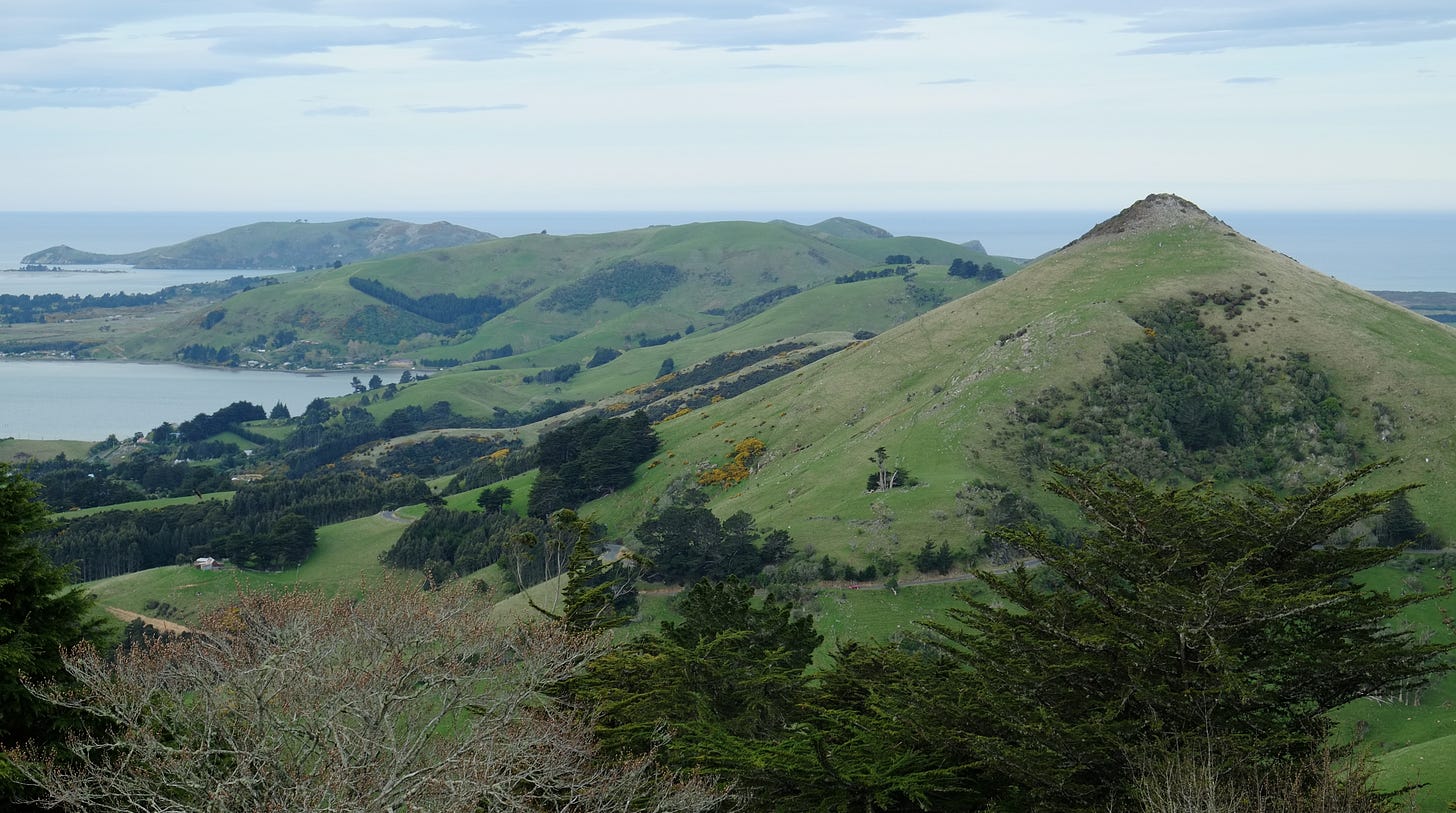
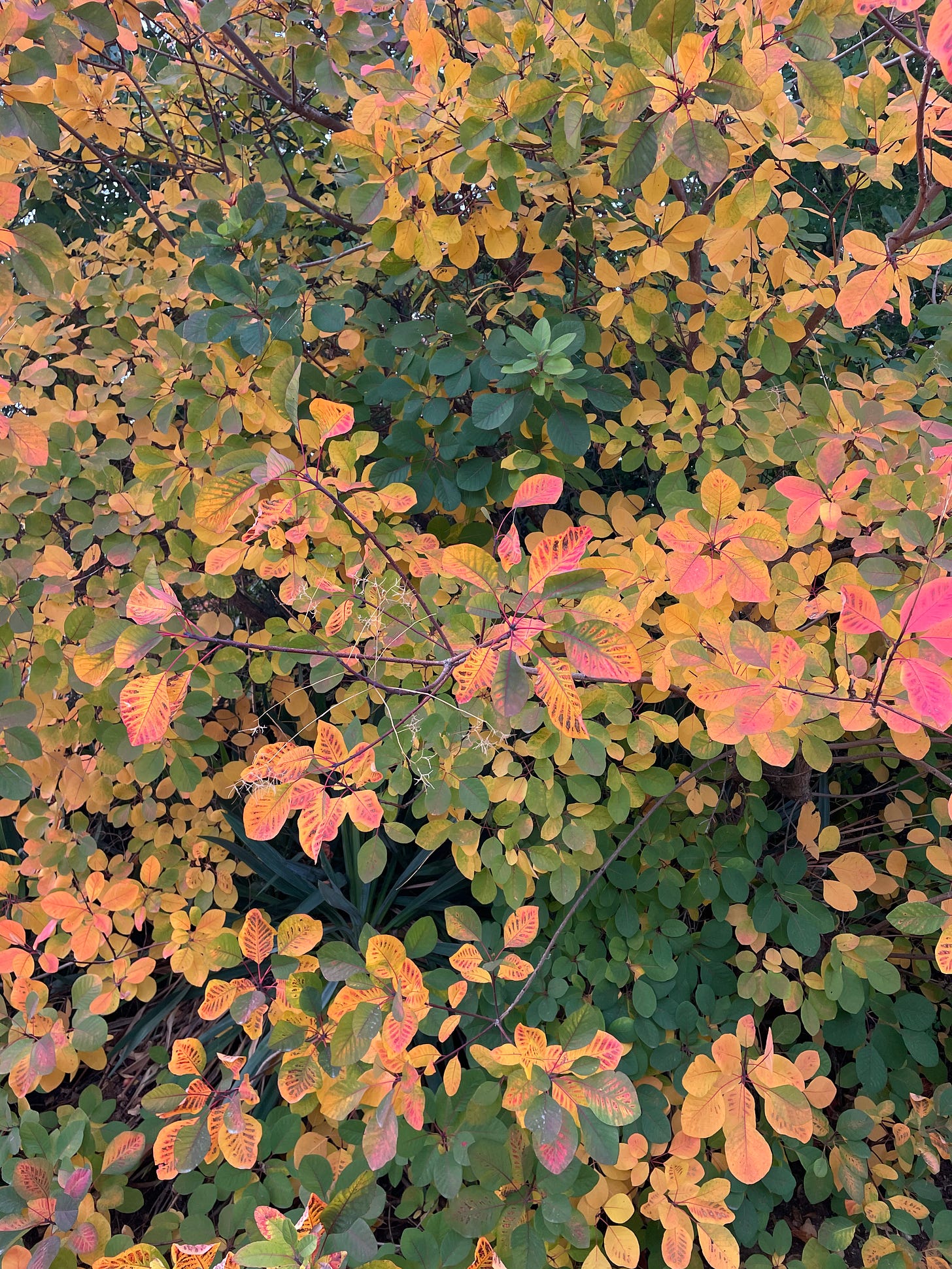
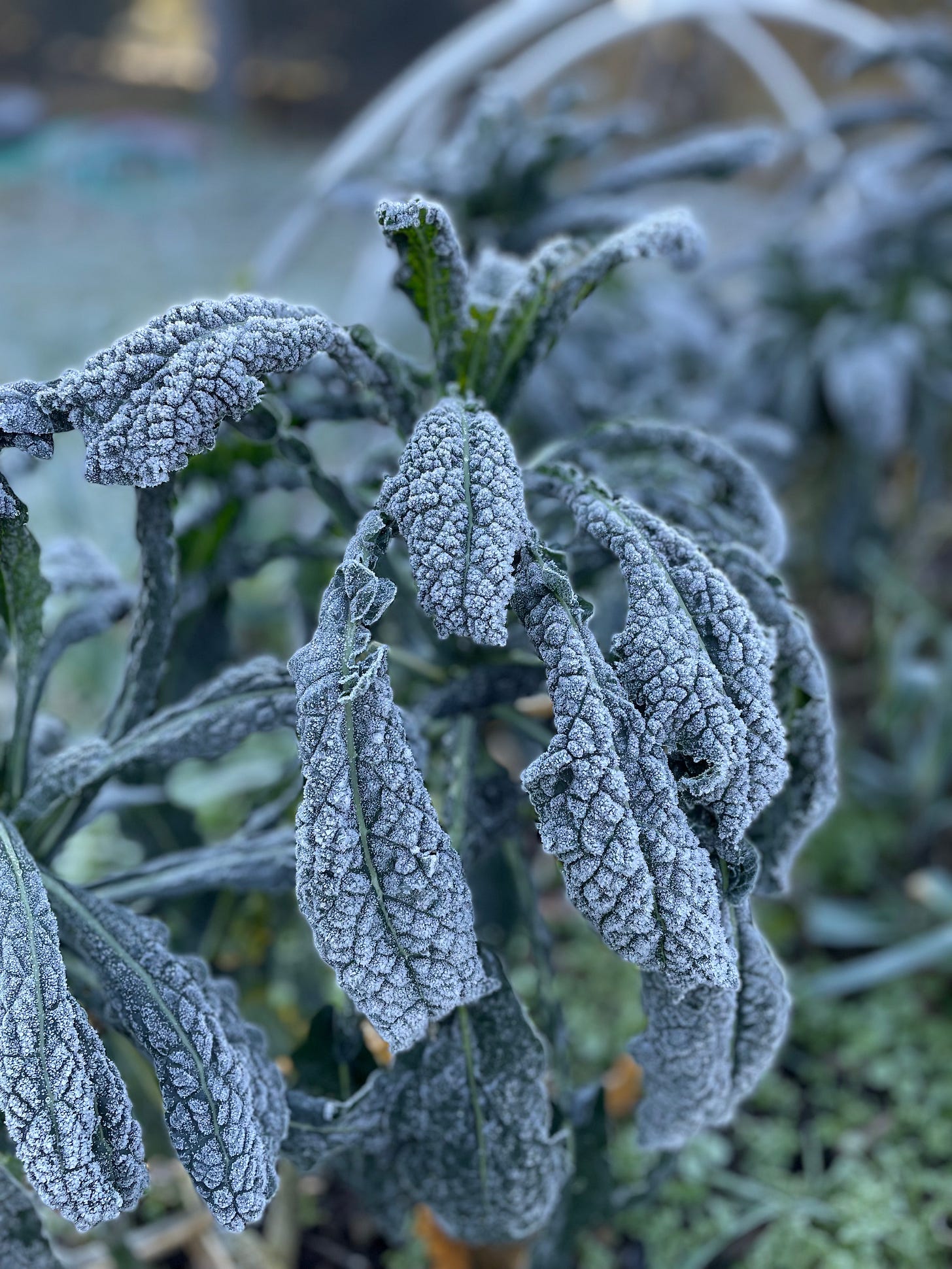
I will be utterly heartbroken if BritBox US doesn't stream this! xo